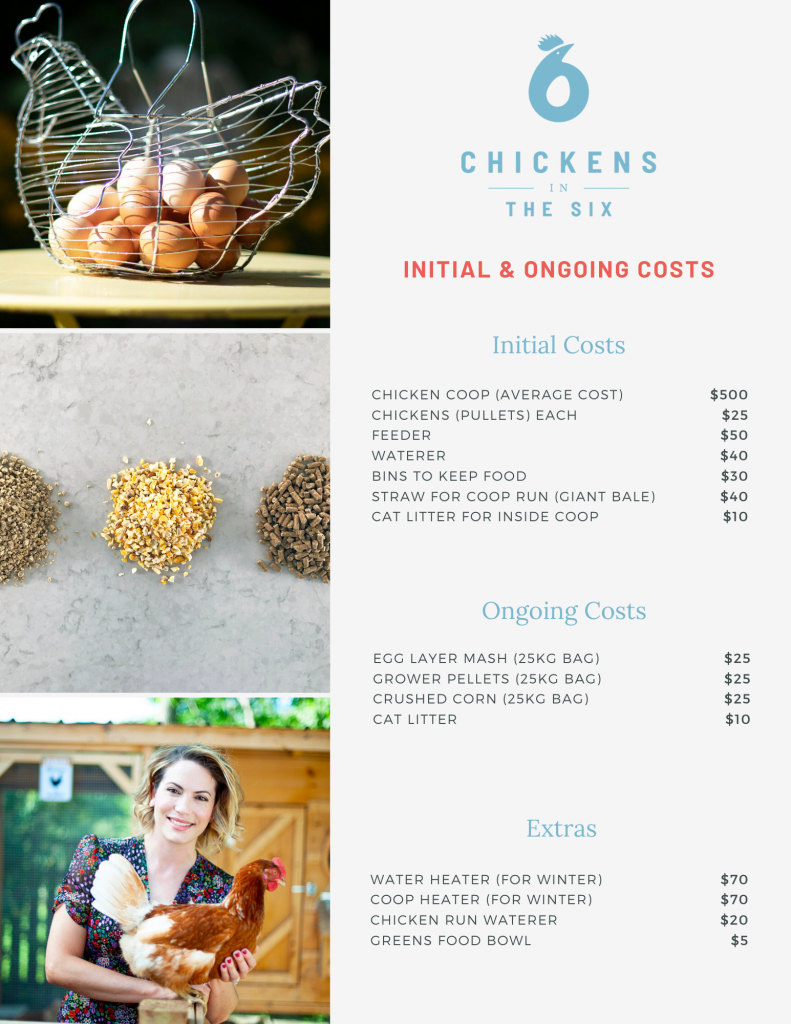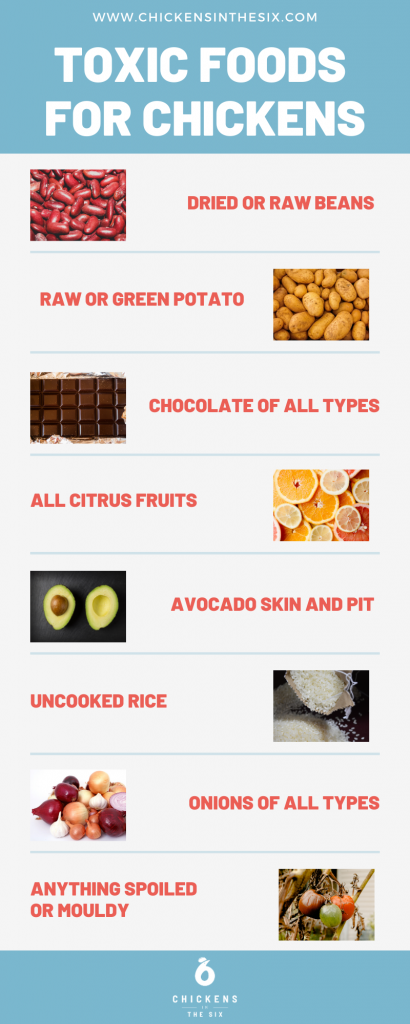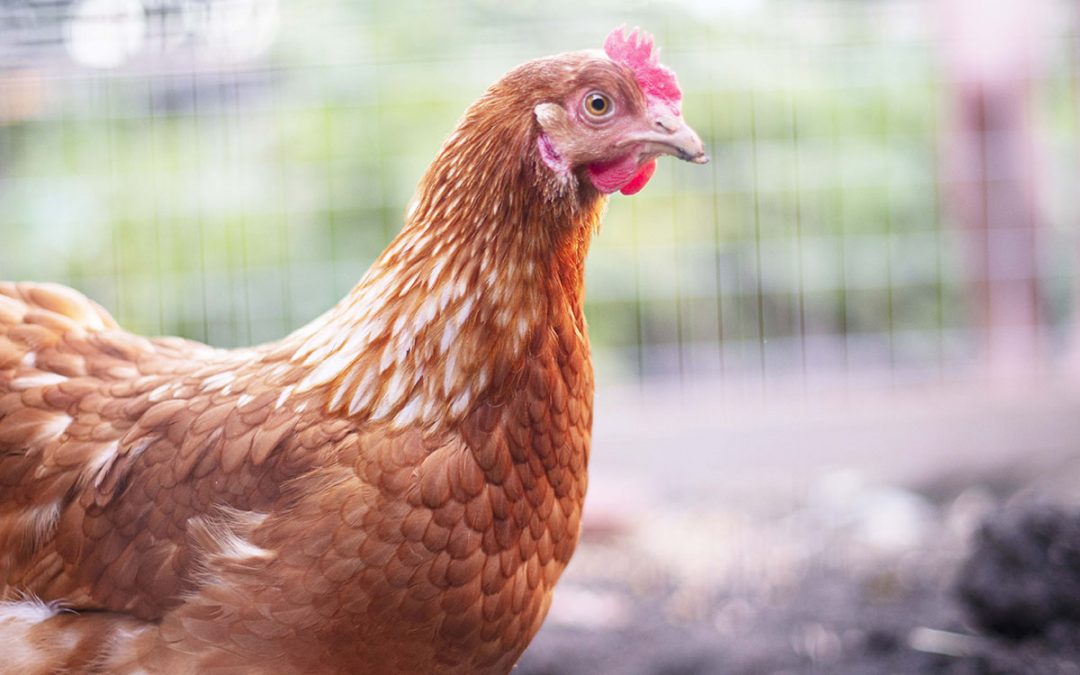If it were up to me, every single backyard would have a flock of chickens. Truly, there are few downsides to keeping backyard chickens and very many upsides.
However, you must go into this amazing adventure being prepared for the realities of urban farming and knowing that this is a long-term commitment you’re making with intelligent and gentle souls.
There are things to consider before getting backyard chickens:
- Daily time commitments
- Weekly time commitments
- Initial large financial cost
- Ongoing financial costs
- Vacation babysitting
- Illness and death
- Manure
- Pests and predators
- City bylaws
Daily Time Commitments
You’ll have to start your day, no matter how early or late, with opening the chicken coop door to let your ladies out into their courtyard or a run of some kind.
At the end of the night, you’ll have to close them safely in their coop for their own comfort (like during cold weather) and for safety from predators.
You’ll have to replenish water and food, or at least check on those daily if you have a large waterer or feeder in the coop.
And if you’re lucky and your ladies feel safe and secure, you’ll have to collect your eggs daily to keep them fresh and to keep your chickens laying new ones.
Weekly Time Commitments
Your weekly responsibilities will include turning or replacing the bedding material in the coop and in their courtyard or run, scrubbing food and water bowls to keep bacteria at bay, and doing a general inspection of the coop and surrounding area to be sure pests haven’t attempted to get in.
Initial Large Financial Cost
Setting up your backyard flock is not cheap, but it doesn’t have to be very expensive either. The biggest expense will be the coop.
Will you purchase one or build one yourself? You can find DIY coop plans online and at your local public library.
Building one yourself is by far the most economical option, but a handy person is required.
Purchasing a coop is easiest and you can purchase one on Amazon, Wayfair or Homedepot, and many other online retailers exist.
You’ll also have to purchase food and water bowls, bedding material, a heater for the water bowl in the winter and potentially a radiant heater for the chickens.
And you’ll have to purchase the chickens themselves.
This infographic below lists the initial and ongoing costs.

Ongoing Financial Costs
Like any other pet you may have, you’ll have to purchase food regularly for your flock. If your chickens are laying eggs, you’ll have to provide an egg-layer pellet that gives them all the vitamins and minerals they need to support the nutritionally-taxing job of producing eggs.
You may also choose to provide a crushed corn mix for variety and entrainment. I toss this mix onto the ground and let them use their natural tendencies to scratch a peck to pick up all the tasty bits.
The good news is that the most nutritious and best-loved food items that you can give your flock already exists in your own home, but you’ve been sending it to the city via your green bin! All your scrap food items can be given to your chickens.
All fruits, veggies and cooked foods can be given to your flock. Leftovers that would otherwise be sent to the bin can be given to your chickens instead. Yes, even cooked meat! Chickens are omnivores and will eat all forms of plants and meats.
Providing a bowl of these items whenever you have them on hand will help to keep your food costs low and allow your flock to have a variety of vitamins and minerals.
Keep in mind though that there are some dangerous foods that are toxic to chickens and that should never be fed to them.

Vacation Babysitting When You Have Backyard Chickens
Life happens and at times it means that we may be away from home for professional reasons or for pleasure.
You’ll have to arrange a neighbor, friend, or family member to visit your flock daily. If you know you’re going to be away often, you can implement automated and timed apparatuses to water, feed and let out your flock daily.
These will help give you peace of mind and lighten the load of anyone who will be responsible for your chickens while you’re away, but a person will still need to physically visit your chickens daily to be sure they’re okay.
Illness and Death with Backyard Chickens
Despite your best efforts and your best intentions, at some point, one of your chickens is going to get sick and may die.
Chickens can live 10+ years, but in my experience, chickens typically live about 4 or 5 years before an affliction cuts their lives short.
In my case, all my chicken illnesses have come on quickly and caused them to die within 24 hours of the first symptom.
What you need to consider now is if you’ll be able to handle the possibility that you will have to deal with a sick chicken, who you may decide to take to a vet, or who may suddenly die.
The city of Toronto also has regulations regarding the handling of sick and dead backyard chickens, which you can refer to here.
Chickens Make a Lot of Manure
There is going to be a lot of it! There are two things that chickens do constantly…eat and poop.
What goes in will come out within 15 minutes, and there’s ALWAYS something going in!
Understand that you will have to deal with chicken droppings daily, weekly, and seasonally if you compost. You’ll have to use a bedding/litter material that absorbs the droppings to keep the smell and flies at bay.
If, like me, you decide to use flax hay inside your coop, daily clean-up will take only a few minutes every morning. Best part? You can send it off to the city in the green bin! Goodbye stinky droppings, flies, and any risk of contamination.
No matter what you decide to use, chicken poop will be your new best friend and a very real part of keeping chickens.
Pests and Predators are a Constant with Backyard Chickens
Chickens are magnets! They really are — magnets for flies, rats, mice, raccoons, opossums, wild birds, and hawks.
My backyard was not the happening place it is now until my chickens moved in! It took a few years and some tragic moments before I learned how to not only protect my flock but to also ensure that these pests and predators are kept at bay.
None of the pests or predators mentioned above are an issue any longer, but it will take work initially to make sure they won’t become an issue in your backyard.
I will guide you through all of that, but for now, you need to know that your future chickens will need your constant attention and effort to keep them safe and healthy in your urban farm.
Backyard Chickens and City By-Laws
No matter where you live, you’ll have to check with your local by-laws to find out the rules surrounding backyard chickens.
How big the coop can be, where it can be placed in your yard, how many chickens you can have, and even if you can have roosters, are a few of the common by-laws across most cities and towns.
If you live in Toronto, you’ve heard correctly that the city of Toronto is conducting a pilot project to allow chickens in 4 wards – wards 5, 13, 21, and 32. This pilot project will expire (hopefully not, but more on that later) on March 2, 2021.
The city has very specific processes and procedures to follow regarding coops, chicken keeping, registration, inspections, etc. You can read about it on the city website and also download all the necessary paperwork there as well. If you’re a by-law abiding citizen of Toronto, you’ll want to review their website carefully and comply completely. Click on the logo below to be taken to the UrbanHensTO Pilot Program webpage.



Great Article. Thanks.